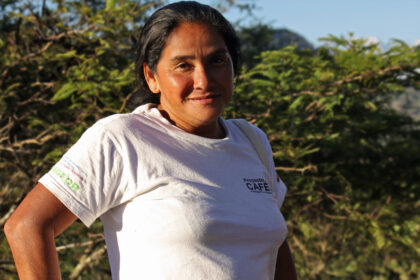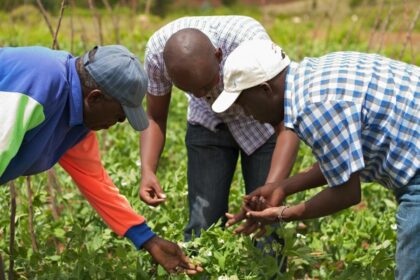Publications
For nearly five decades – under both Republican and Democratic administrations – OPIC has demonstrated a market-based model for how to responsibly invest in businesses and jumpstart economic development that likely wouldn’t occur otherwise.
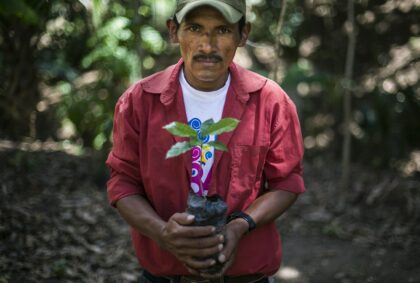
At Root Capital, we believe fiercely that women are critical to breaking the cycle of poverty, hunger, and environmental degradation in rural areas of the developing world. That's why we're thrilled to share our 2016 Women in Agriculture Annual Report, which details the progress we’ve made over the last year through the WAI and the strategies we’ve implemented to increase economic opportunities for women around the world.
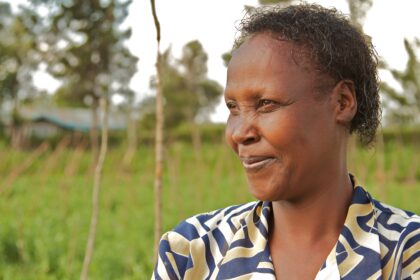
As part of the aptly named Partners in Food Solutions (PFS), some of the world’s largest food and agricultural companies are harnessing 693 years of combined experience to strengthen small- and medium-sized enterprises throughout Africa.
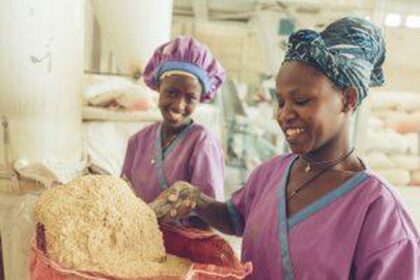
Today, millions of the world’s most vulnerable people are fleeing from places where agriculture remains the backbone of rural economies, as the dire consequences of climate change—crop failure due to drought, for example—come into focus.
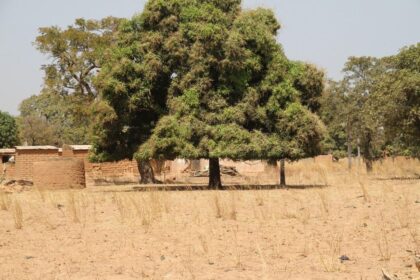
By issuing the first U.S. corporate sustainability bond, Starbucks can generate yield for financiers and farmers alike.
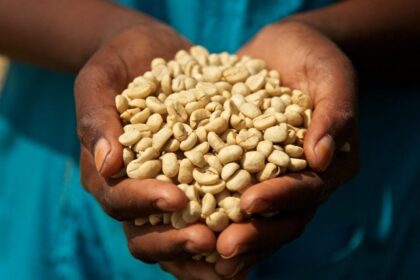
A lack of reliable information is among the most frustrating obstacles to unlocking the potential of agriculture. But as investment in AgTech heats up, what value does big data offer small-scale farmers at the end of dirt roads in the hardest-to-serve markets on earth?
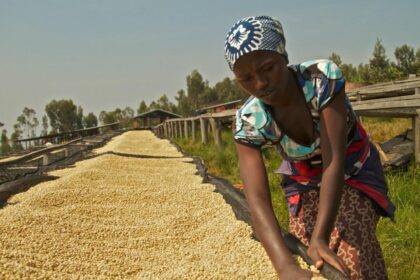
Root Capital invests in women by investing in agricultural businesses that promote gender-inclusive practices. This report presents an update on our Women in Agriculture Initiative (WAI), through which we study the roles played by women across our value chains and the barriers they face to full participation, and identify opportunities to deepen our clients’ impacts on women.
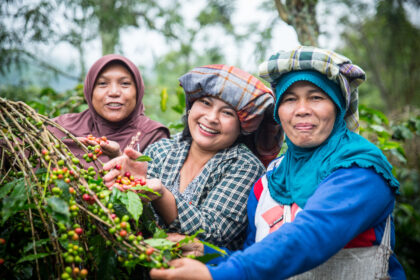
More than two years after the launch of the Coffee Farmer Resilience Initiative, we share initial learning and recommendations on how to design financial products and services for long-term farm renovation. Discover how leading coffee companies—along with the public sector, private foundations, and impact investors—are using a blend of capital to invest in the future of coffee.
